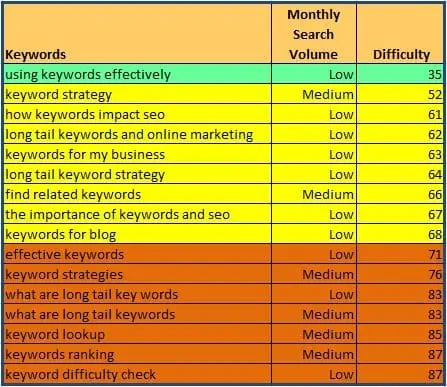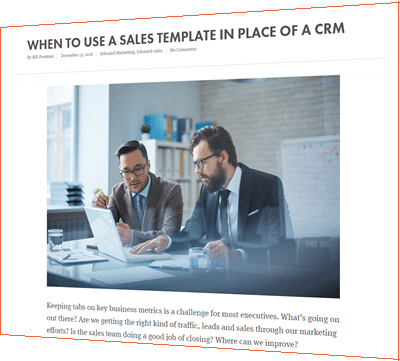This is the second installment in a series as we continue our exploration to the many facets, tips and tricks to “Getting Found Online.” The first can be found here.
With over a billion websites on the Internet, and getting found online as your goal, your keyword strategy must involve using keywords effectively.
Whether you are just starting out or restructuring your site for optimal SEO, planning your website content is priority one, and using keywords effectively is the cornerstone activity that makes all your other activities more potent.
 Content is the basis of your entire site, and whether it’s your “contact us” page or your “home” page, you should always be considering your reader’s perspective. What are the search terms or phrases they use to research your products or services? This is where a little research of your own can go a long way because planning your content around these frequently used keywords and long tail keywords is where the magic happens.
Content is the basis of your entire site, and whether it’s your “contact us” page or your “home” page, you should always be considering your reader’s perspective. What are the search terms or phrases they use to research your products or services? This is where a little research of your own can go a long way because planning your content around these frequently used keywords and long tail keywords is where the magic happens.
Title Tag: What are the keywords your audience would type in to find the information you’re publishing? Your Title Tag or Page title is one of the most important factors in how a search engine ranks your page, therefore, this is where your keywords and/or long tail keywords for your page’s content belongs. Because all search engine’s use your title tag for the headline in search results, being as specific and relevant as possible is crucial to a proper match being made. BEST PRACTICE: Your title should be 65 characters or less.
Meta Description: How would you describe your page content in 30 seconds? Your meta description should provide a concise, yet descriptive overview of the page so your reader can decide if it warrants a visit. Using your long tail keywords again within your meta description will allow the search engines to validate your content, so put the most important words at the beginning of your sentence. You are limited to 160 characters (including spaces) in Google, so again, concise is key.
Anchor Text: Do you link to other pages? Anchor text are the words contained in the clickable part of the link. And whether linking to other pages within your own website or to another, it’s important to use keyword phrases because it not only tells your visitors what the page they’re linking to is about, it also tells the search engines–and search engines put alot of weight on them. For example, learn more here (not linked) vs. “your long tail keyword strategy is an important part of your SEO” will not only let your reader know what new topic they’re being directed to, the search engines recognize this keyword phrase as well.
Image Tags: Images breathe life into your site. Naming your picture 001.jpeg does nothing for your search rankings. When a picture is worth a thousand words, use this to your advantage and be sure to give your images Alt text using your long tail keywords.
URL/Web Address: Your page has two separate attributes — the page URL and the page title, or page name. When you create a page, your title will typically become your page name which in turn creates the page URL and this is what your readers will see in the tab section of the page so make sure it’s descriptive. On a side note, you can change your page name or change your page URL independent of each other at any time.
While there are many, many more facets to getting found online, the ultimate driver is your content and knowing how to weave your keywords and long tail keywords into your content, various tags and meta descriptions. Your keywords is what will allow your potential customers to find you, so do a little research, create exceptional content using your keywords and you will have carved a path that leads to your site.
By implementing these simple practices, you’ll be using keywords effectively and in return, continue to rank higher in the search engines.





